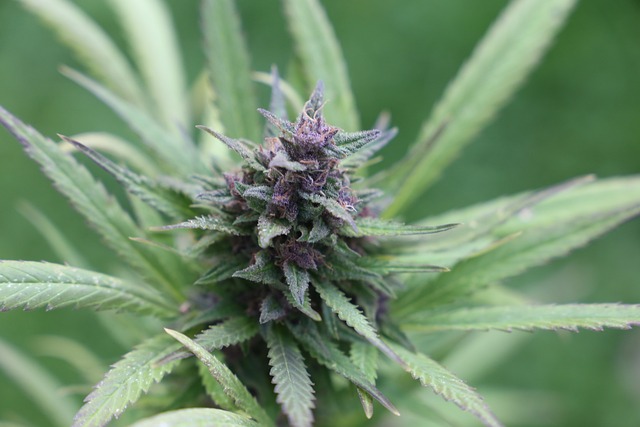Tips for Using Delta 8: Dosage, Effects, and Best Practices
Delta 8 THC, a cannabinoid found in cannabis plants, has gained popularity for its unique delta-8 vape pros and cons. As more people explore its use, understanding the right dosage, effects, and best practices becomes essential. This article provides insights into these aspects, helping users make informed decisions.
Understanding Delta 8 THC
Delta 8 THC is a naturally occurring compound in cannabis, similar to Delta 9 THC, the primary psychoactive component. However, Delta 8 offers a milder experience, making it appealing to those seeking a more balanced effect. It interacts with the endocannabinoid system, influencing mood, appetite, and pain perception.
Determining the Right Dosage
Finding the appropriate dosage of Delta 8 THC can be challenging, as it varies based on individual factors such as body weight, metabolism, and tolerance. Here are some guidelines to help determine the right amount:
- Start Low and Go Slow: Begin with a small dose, typically 5-10 mg, and gradually increase until the desired effects are achieved.
- Consider Your Experience Level: New users should start with lower doses, while experienced users may require higher amounts.
- Monitor Your Body’s Response: Pay attention to how your body reacts and adjust the dosage accordingly.
Effects of Delta 8 THC
Delta 8 THC offers a range of effects that can vary from person to person. Some common experiences include:
- Mild Euphoria: Users often report a gentle sense of happiness and relaxation.
- Increased Focus: Some find that Delta 8 enhances concentration and mental clarity.
- Appetite Stimulation: Like other cannabinoids, Delta 8 can increase hunger.
- Pain Relief: It may help alleviate discomfort and inflammation.
While these effects are generally positive, some users may experience side effects such as dry mouth, red eyes, or dizziness. It’s important to be aware of these possibilities and adjust usage accordingly.
Best Practices for Using Delta 8 THC
To maximize the benefits of Delta 8 THC and minimize potential risks, consider the following best practices:
- Choose Quality Products: Opt for products from reputable brands that provide third-party lab testing to ensure purity and potency.
- Understand the Legal Status: Delta 8 THC’s legality varies by location, so research local laws before purchasing or using it.
- Consider the Method of Consumption: Delta 8 is available in various forms, including edibles, tinctures, and vapes. Choose the method that best suits your preferences and lifestyle.
- Stay Informed: Keep up with the latest research and developments in the field of cannabinoids to make informed decisions.
Case Studies and Statistics
Several studies have explored the effects and potential benefits of Delta 8 THC. For instance, a study published in the journal “Life Sciences” found that Delta 8 THC exhibited antiemetic properties in pediatric cancer patients, reducing nausea and vomiting with minimal side effects. Another study highlighted its potential in reducing anxiety and improving mood.
Statistics from market research indicate a growing interest in Delta 8 products. According to a report by Grand View Research, the global cannabis market is expected to reach USD 73.6 billion by 2027, with Delta 8 THC contributing to this growth due to its unique properties and legal status in some regions.
Conclusion
Delta 8 THC offers a unique experience for those seeking the benefits of cannabinoids without the intense effects of Delta 9 THC. By understanding the right dosage, potential effects, and best practices, users can enjoy a safe and enjoyable experience. As research continues to evolve, staying informed and choosing quality products will be key to maximizing the benefits of Delta 8 THC.


